Eyelid Disorders: Is Oculoplastic Surgery a Permanent Solution?
By: Dr. Shradha Goel (CEO)
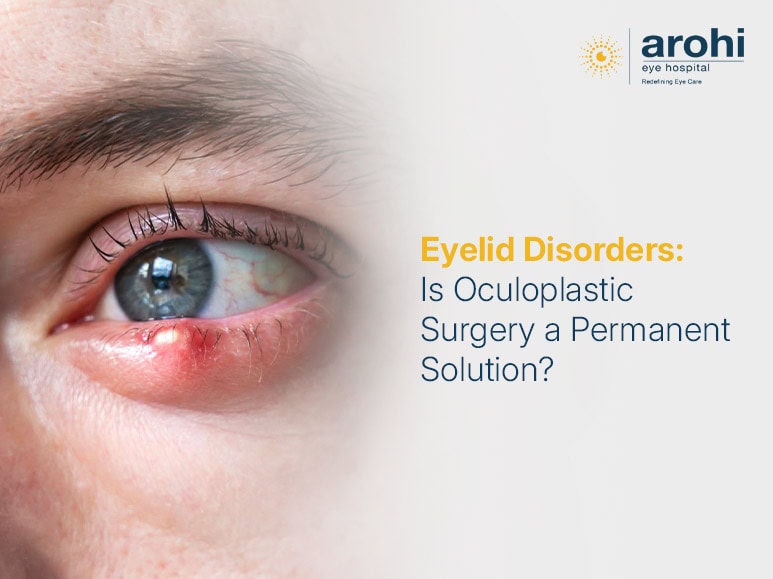
By: Dr. Shradha Goel (CEO)
October 7, 2025
Oculoplasty & Glaucoma
Our eyelids work harder than we realise. They shield the eyes, spread tears evenly, and frame the face. But when something goes wrong, such as drooping lids (ptosis), in-turned lashes (entropion), out-turned lids (ectropion), or growths along the eyelid margin, the impact is more than cosmetic. Vision suffers, discomfort grows, and self-confidence takes a hit. […]
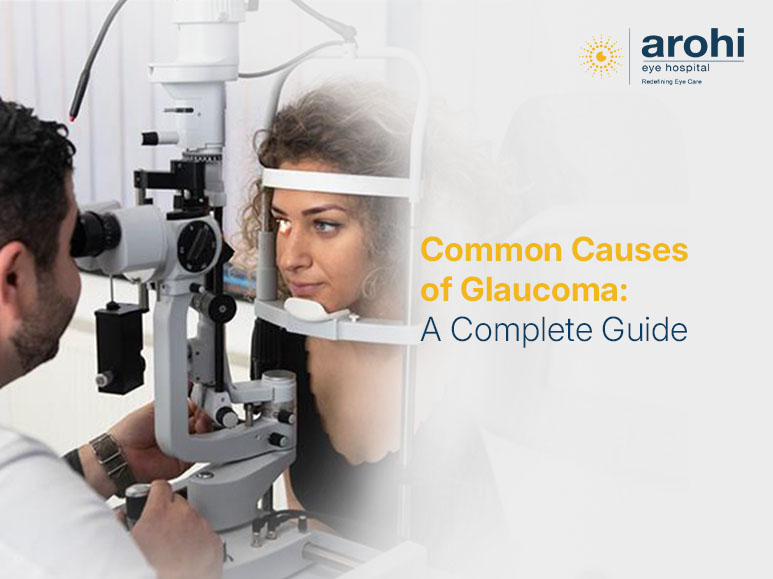
By: Dr. Shradha Goel (CEO)
August 8, 2025
Oculoplasty & Glaucoma
Did you know that there are more than 12 million individuals in India living with glaucoma, and nearly 90% of them are undiagnosed? Glaucoma, often called the “silent thief of sight”, is a group of diseases that destroy the optic nerve over time and may cause blindness, often without early warning signs. So, what is […]

By: Dr. Shradha Goel (CEO)
May 20, 2024
Oculoplasty & Glaucoma
Article Reviewed By: Dr. Shradha Goel Table of Contents What is Glaucoma? Causes and risk factors: Symptoms and Early Detection of Glaucoma: Diagnosis of Glaucoma: Treatment Options for Glaucoma: Living with Glaucoma: Get the Premium care for Glaucoma at Arohi Eye Hospital :

By: Dr. Shradha Goel (CEO)
December 11, 2023
Oculoplasty & Glaucoma
Article Reviewed By: Dr. Shradha Goel Table of Contents Facts about Glaucoma: What is Glaucoma? Types of Glaucoma Causes and Risk Factors Symptoms Diagnosis Treatment Prevention and Management:
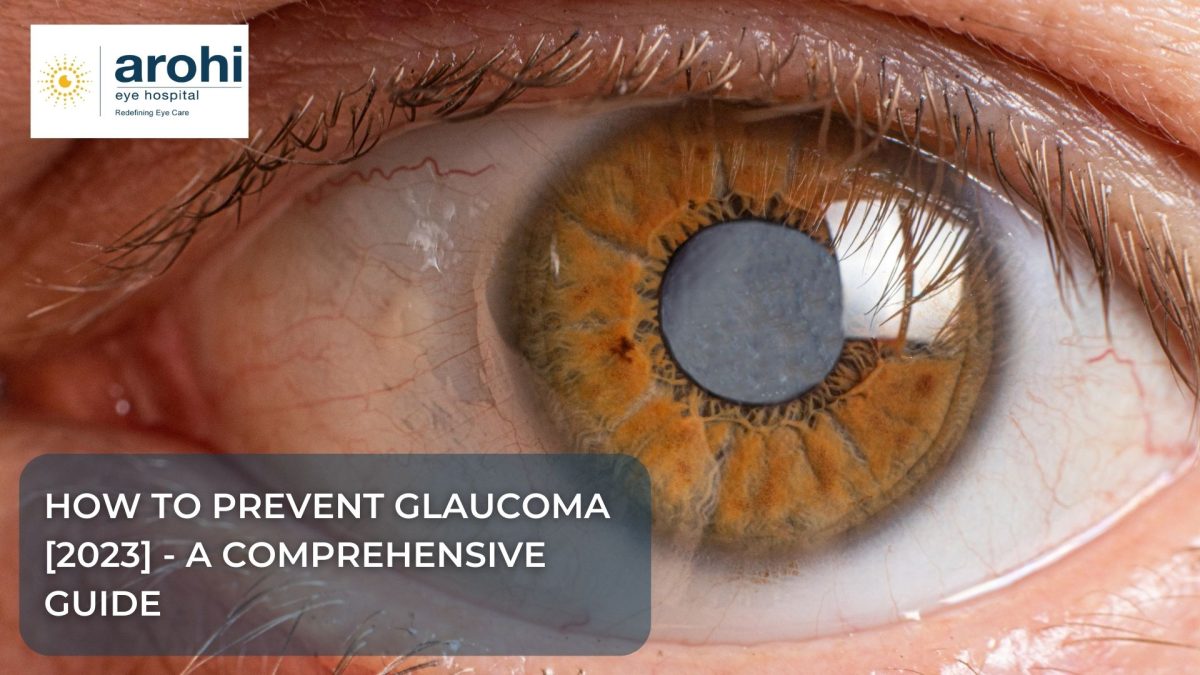
By: Dr. Shradha Goel (CEO)
March 16, 2023
Oculoplasty & Glaucoma
Article Reviewed By: Dr. Shradha Goel Table of Contents Introduction Definition of glaucoma Importance of prevention Understanding Glaucoma Types of glaucoma Risk factors Symptoms and signs Diagnosis and treatment options How Glaucoma Develops Anatomy of the eye Mechanisms of glaucoma development Intraocular pressure and its role Nerve damage and vision loss

By: Dr. Shradha Goel (CEO)
November 22, 2021
Oculoplasty & Glaucoma
Glaucoma is one such eye condition that can occur to anyone above 40 years of age without letting that person know. And this is where a glaucoma specialist comes in. The Glaucoma specialist examines your eyes to detect the early signs of glaucoma and prescribes the right treatment to limit the damage. Among around 3 […]

By: Dr. Shradha Goel (CEO)
September 16, 2021
Oculoplasty & Glaucoma
Diabetes eye care is one of the most crucial things to get for people with elevated blood sugar levels. There can be a few risks related to vision due to diabetes such as vision impairment, poor eye health, etc. Generally in a diabetic person, high blood sugar levels damage the blood vessels in the eye. […]
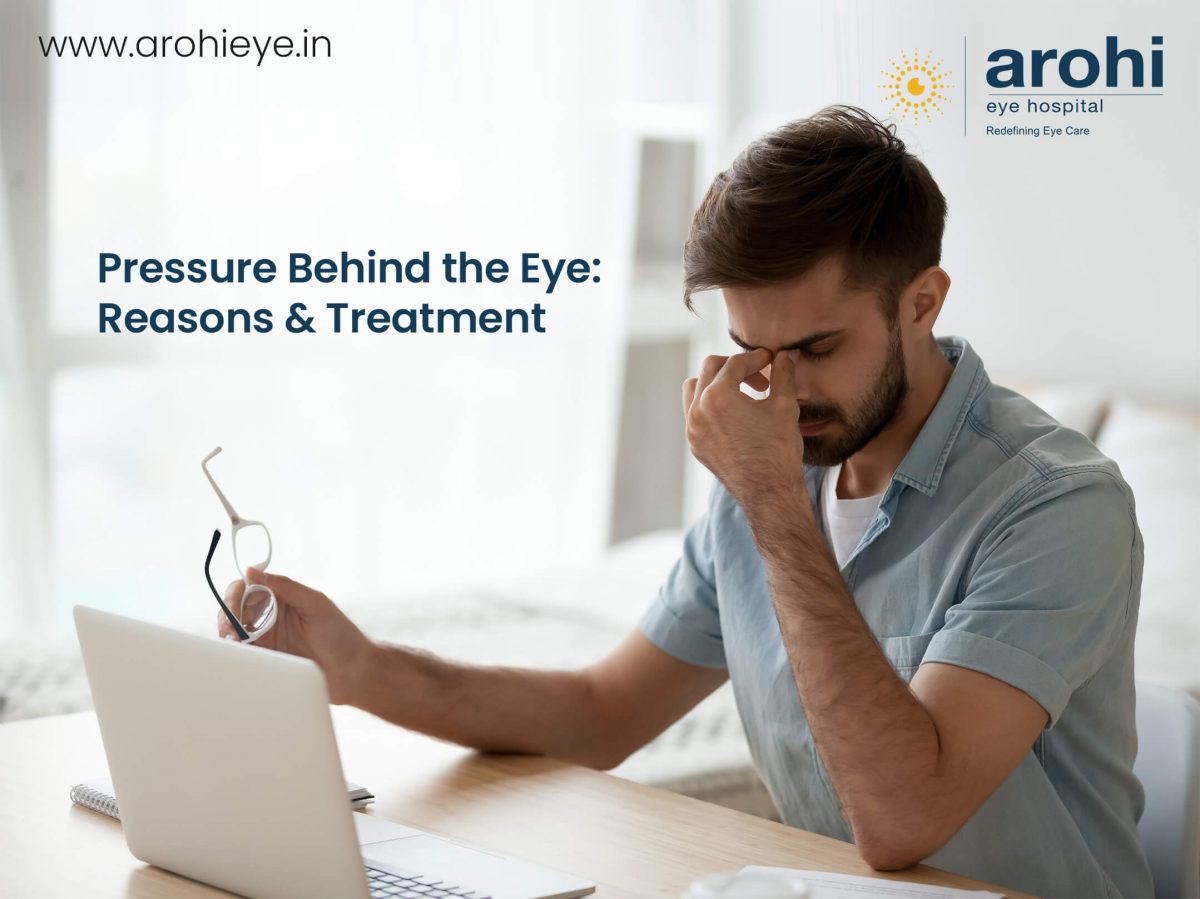
By: Dr. Shradha Goel (CEO)
July 12, 2021
Oculoplasty & Glaucoma
Eye pain can be of different types but when there’s pressure behind the eye, that unpleasant sensation is something else altogether. Although the reason can vary from person to person, this issue can possibly impact the health of your eyes. Whatever may be the reason, when you have pressure in or behind your eyes, it […]

By: Dr. Shradha Goel (CEO)
May 7, 2021
Oculoplasty & Glaucoma
If you have landed on this page looking for Glaucoma Specialists in Mumbai then you or your contacts might have been suffering from Glaucoma. Glaucoma is a critical eye condition that damages the optic nerve of the eye. If not treated early it gets worse with time and It builds up pressure inside the eye. […]
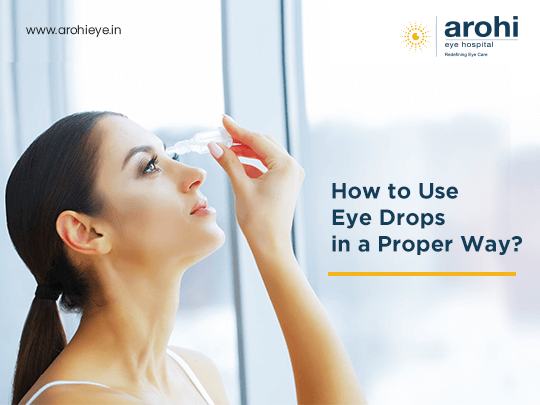
By: Dr. Shradha Goel (CEO)
December 29, 2020
Oculoplasty & Glaucoma
Visiting the eye hospital in Mumbai can be a regular job for people using eye-glasses or contact lenses. Doctors prescribe a variety of eye drops for different eye conditions but putting them in the right way can sometimes be a challenge for many of you. But with a few tips and practice, you can easily […]